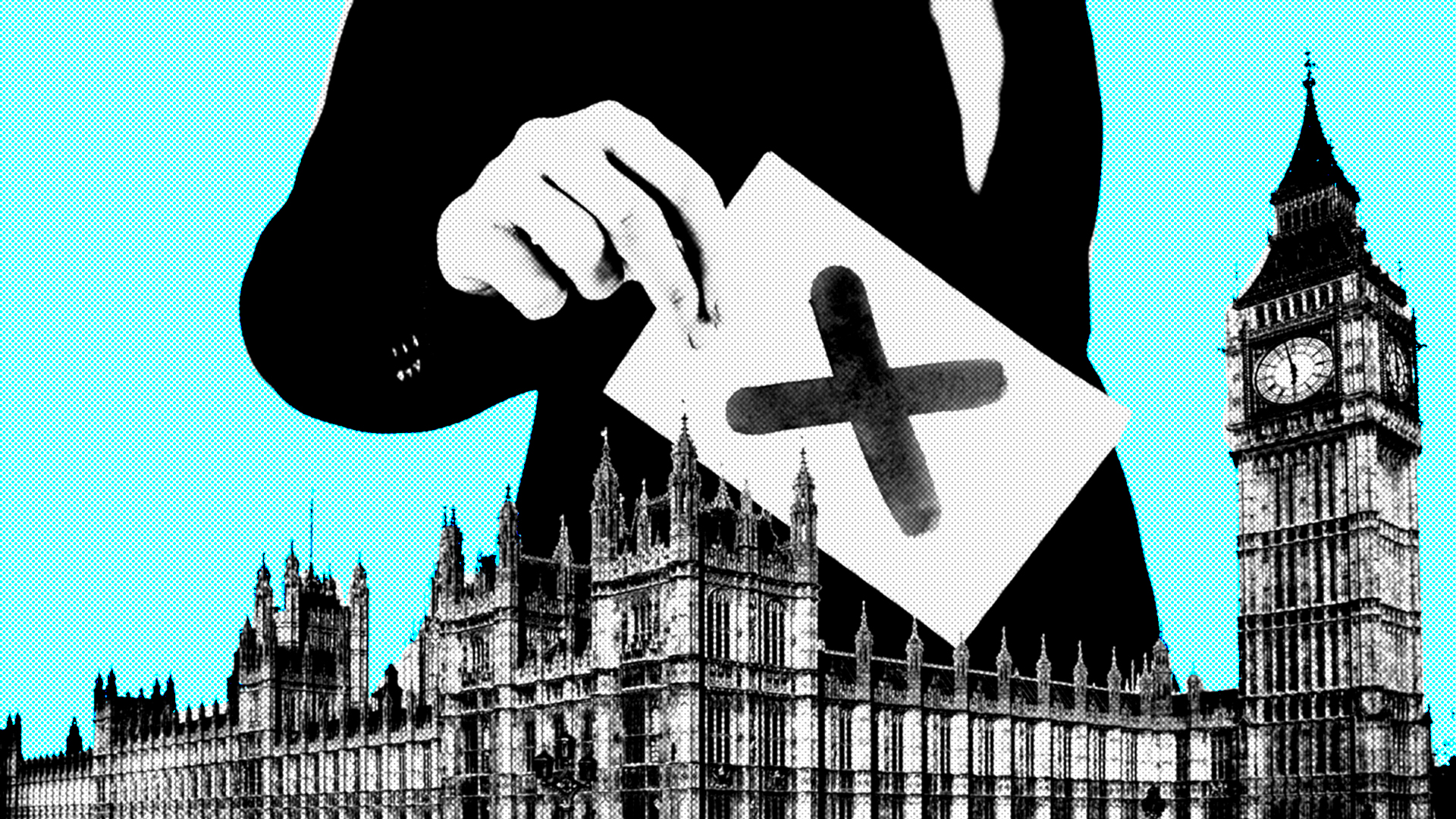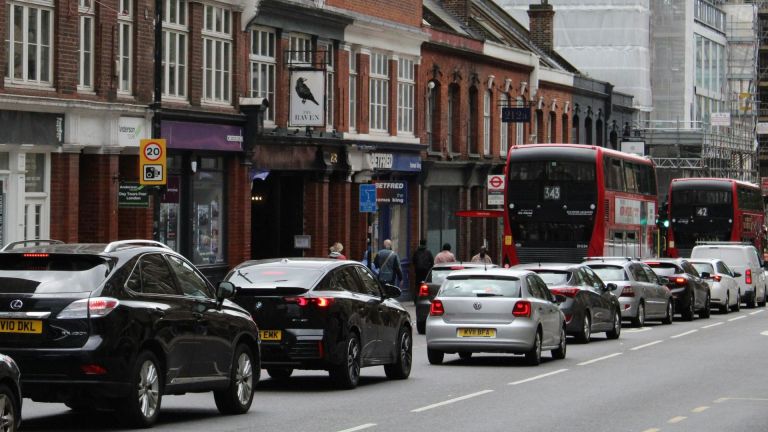Both of these areas of local power have gone into terminal decline. Partly, that’s to do with the control of local government finance from Westminster, which reaches right down into the granular level. As Tony Travers of LSE once said: “The former Soviet bloc never managed this kind of all-embracing and intricate control. A computer in London SW1 dictates the fate of a primary school roof repair in Wirral or a secondary school’s music teacher in Cornwall.”
But it’s also the result of individual policy initiatives. Conservative-held local authorities began to sell council housing to their sitting tenants in the 1970s. Then came Margaret Thatcher’s right-to-buy programme. The Housing Act 1980 gave sitting tenants the right to buy their homes and it was extended in the Housing Act 1988. Within a decade, a quarter of the local authority stock had been sold off. Future governments did little to replace it.
Education policy was gradually centralised into Westminster. Indeed, the government has recently tried to centralise it away from even parliament and to the exclusive preserve of ministers. Last year’s Schools Bill sought to turn all maintained schools into academies and then give ministers the power to dictate the entirety of their decision-making, from the curriculum to the length of the school day, exclusively through statutory instruments. It would have all but eradicated parliamentary involvement in education policy, but the government lost its nerve at the last minute. Nevertheless, the direction of travel couldn’t have been clearer.
There are still areas of retained local control, like planning and traffic related issues. But for the most part, local government has been eroded into near-obsolescence.
Oddly enough, you can see the unexpected splashback effects of this in Westminster. The enforced impotence of local government has had the unintended side effect of sabotaging the working life of MPs.
It does this through their constituency case work. This is supposed to take up around half of an MP’s time, with the rest of it spent in Westminster scrutinising legislation. But in reality, their work in Westminster is now of secondary importance. The Hansard Society found that 21 per cent of MPs’ time is spent in the Chamber compared to 28 per cent on constituency casework and 21 per cent at constituency meetings and events.
MPs are drowning under a tsunami of constituency casework. Most of that casework should rightfully be addressed at the local level, by local councillors. Only the more serious matters, relating to the decisions taken by ministers, should technically land up on an MP’s desk. But instead, they get everything. MPs will tell you stories about being asked to fix a constituent’s Sky TV aerial, or help in a complaint to a department store, or engage in a protracted development dispute.
Why has this happened? Because most people simply have no idea who their local councillor is. They have internalised Westminster’s own logic about the redundancy of local government. It barely figures in their imagined political landscape. So whatever happens, they go to the local MP.
The councillors who discover their fate next month will have a variety of track records. Some of them will be inept or lazy. Others will have been impressive figures who fought hard for those they represent. But precious few will be judged on that record. Hardly any of us could even name our local councillors.
Instead, they will be judged by what is effectively an opinion poll on national politics. And whether they were hard-working or otherwise will play little to no role in that decision. We’ve reduced local government to a state of servile impotence. And this is the consequence.
Ian Dunt will be speaking at this year’s Primadonna Festival in July. Tickets on sale now www.primadonnafestival.com.
How Westminster Works… and Why It Doesn’t by Ian Dunt is out in hardback (Weidenfeld & Nicolson, £18.99) now. It’s available to order here. He will be speaking at this year’s Primadonna Festival in July. Tickets on sale now www.primadonnafestival.com.
Do you have a story to tell or opinions to share about this topic? We want to hear from you. And we want to share your views with more people. Get in touch and tell us more.










